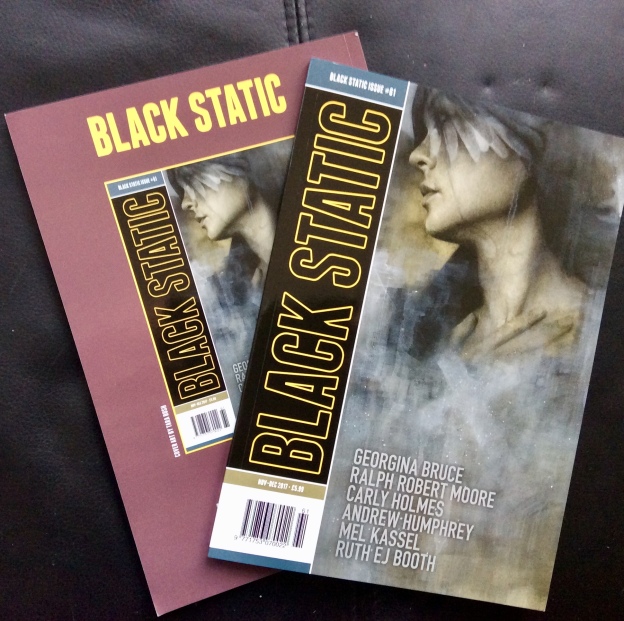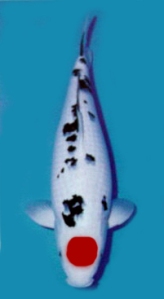The Crabian Heart – Erik Hofstatter

Parallel Universe Publications 2017
When I review this work, my thoughts will appear in the comment stream below…

www.nemonymous.com
Des Lewis - GESTALT REAL-TIME BOOK REVIEWS
A FEARLESS FAITH IN FICTION — THE PASSION OF THE READING MOMENT CRYSTALLISED — Empirical literary critiques from 2008 as based on purchased books.



 THE GARDEN OF EATING by R. Boyczuk
THE GARDEN OF EATING by R. Boyczuk 
 TANCHO by Mel Kassel
TANCHO by Mel Kassel
“If you want to keep your love safe—stay away from the crabs.”
It feels like the expression “Crabian heart” has always existed with some sort of inherent instinct. Meanwhile, I absorbed this story of detained immigrants to this country of mine, people first parked, as it were, in Dover, till their case is heard. A mother and her 13 year old son. I felt there was something ‘knowing’ about how they felt, as if entrapped by someone or something that had entered the texture of words to obviate any doubt about the bookish platform upon which these words sit crabwise. Also to obviate such uttering weirdness of words about the boy’s love for Enola, a girl he meets on the beach.
The purple colour, the crabs, the nightmarish evocations of pig hearts as well as Crabian ones. Embattled by an antagonistic foreign country that is also perhaps the intended reader’s own UNforeign template of a home country, the characters endure stoically an oblique metaphor for something far more frightening than just the normal concerns of abuse, danger or racism as a cancer of crabs. Not knowing, even through the central trope of Dadaistic instinct that this work engenders, how to differentiate what might bring despair and what might bring hope. And who or what is one’s biggest threat? The threat is you, dear reader, whoever you are, however you the reader interprets this never-ending quest for righteous meaning from such a bleakly visionary, sometimes unhealthy, often disarmingly plain-spoken swirl of gratuitous horror for horror’s sake, amid the competing forces working upon young love in an alien universe.
“Humans are born alone and they die alone. Don’t you think that’s sad?”
—————————————
Fountain of Drowned Memories by Erik Hofstatter
“That feckin’ material, what yer call it? Why can’t I remember?”
Insulation cladding?
A very powerful portrait of a man suffering from dementia in a care home, where he sees his sink as a fountain of drowned memories.
A fountain, though, usually flowers like attractive features of life, I thought…
Yet, I see this man suffers from his overgenerous urine outtake as if fed and stemmed upon pure asparagus diet. A throwaway line with a million meanings.
All close to home for me, with my own prostate, and I expect one day my own son will come to visit me to decry the fountain until we both do sink into it, one by one, over time? And THEN I remembered – Marcel Duchamp’s famous work of art of a pissoir was called FOUNTAIN, wasn’t it? And I smiled.
Dreadful death will come later following my final Avant Garde smile, after all, I thought.
A moving work, in more ways than one.
Dada, my son said.